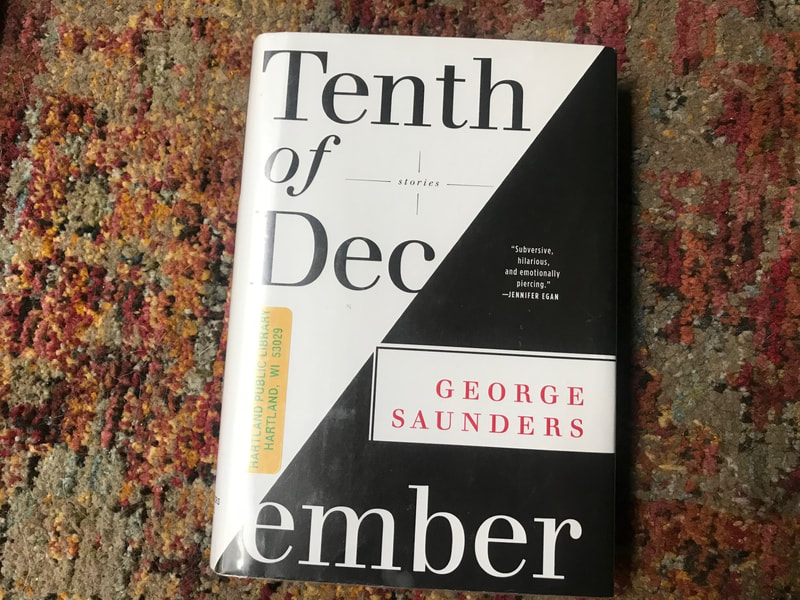
For a long time, it was a crapshoot for me. I listened to friends and respected their views and gave something they recommended a shot. Sometimes it would be like eating a perfect pizza and other times I’d spit it out like liver and onions.
Book reviews you read from the experts are a bad idea. It took me years to figure that out.
The simple reason is they are paid to review books, and that means for the most part they need to write a good review. They are skewed. Do you ever see a one-star review in the newspaper of a book that’s been reviewed? Nope.
I wish I’d figured that out many years ago because it would have saved me a lot of wasted time reading novels that I struggled through, hoping to find those nuggets of worth the reviewer assured us were in there. Now, I discount all reviewers. If they give it a five-star, drop at least one of those stars off their rating, perhaps two. They are PR machines to promote the writer and their book – paid to make the author look good and sell their books. Remember that.
When Google and Amazon came along, that seemed like a good thing – more populist. Still, you need to know how to use the tools they offer.
Going mindlessly down their rabbit holes leaves you where you started. Every book is rated 4.3 (more or less) out of 5. Or so it seems. Very rare to find above a 4.5 ranking and similarly rare to find one below 4.
Which means those ratings are padded. Friends of the author go online and write good stuff. Someone who hates the book occasionally adds their voice and drives the rating down, but that tends to be unusual.
What about Oprah or Reese Witherspoon or other book clubs? While not experts, you can have some success picking up their recommendations if you know the type of material that gets you revved up. If not, then this becomes another useless enterprise.
What’s come to me the past few years as I’ve honed my ability to sift through reviews and determine what ignites my curiosity and engages me page after page is averaging out the comments written in the Amazon review section and trusting our library people regarding top new choices they put in the front area (similar to trusting those reviews written by low-paid book loving employees at independent bookstores).
Here's how my averaging system works. I challenge you to try it.
Typically, the first several Amazon reviews are hot, five stars. Give them a quick glance. Determine which ones are BS and which are written from the heart. Get a sense of the plot, themes, intensity, what’s supposed to hold your attention.
Know yourself. Know what you like, what bores you and what turns you off. Then head to the bad reviews, the one- or two-star reviews. Here’s where you get reality. People vent. You find out what’s horrible or doesn’t make sense or is petty. Whatever. Let this seep into your personal review brain.
Average these good ones out with the bad ones and meld it into what you know about yourself – your likes and dislikes. WALLA! You have it. Your personal review system designed and catered to your reading style identified to select books most likely to hold your attention and have you make a recommendation. Next thing you know, you’ll be the sought-after reviewer.